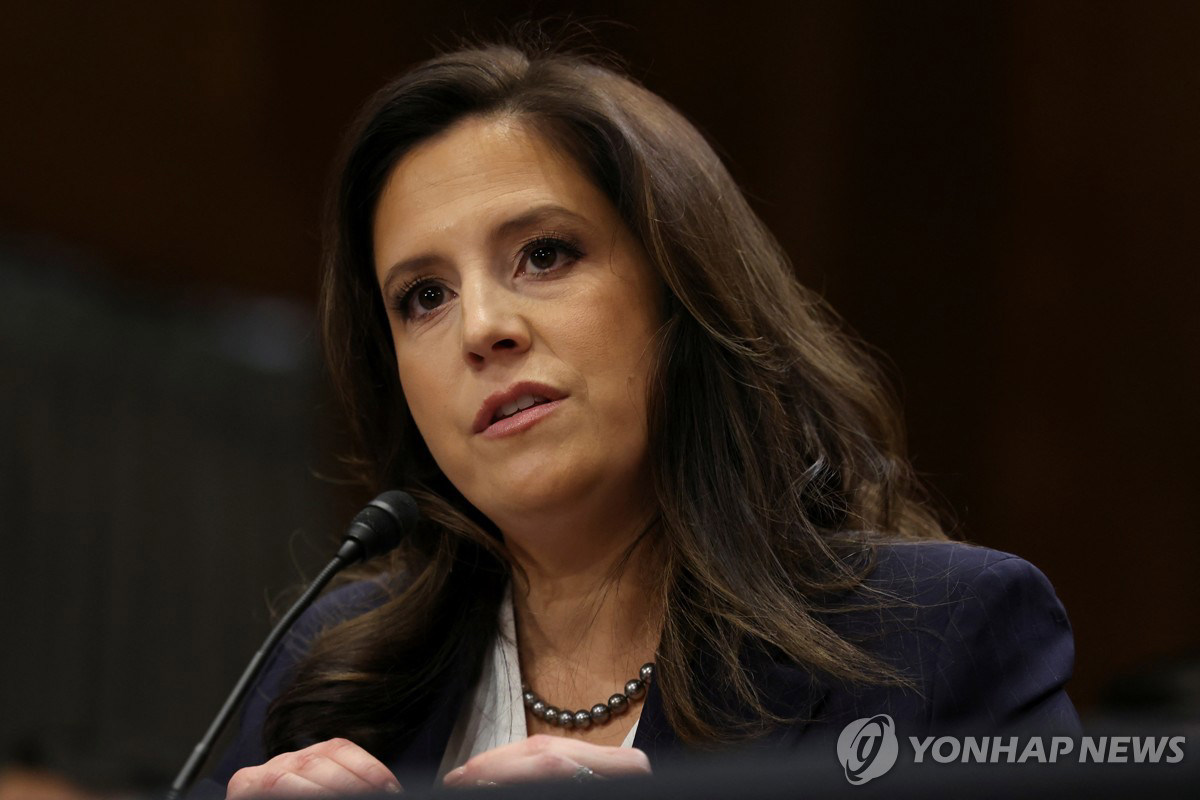Harvard And Trump's "America First": A Clash Of Ideologies

Table of Contents
Harvard's Emphasis on Global Collaboration and Internationalism
Harvard University, with its long history of fostering intellectual discourse and academic excellence, has consistently championed international cooperation and multilateralism. Its commitment to finding global solutions to global problems is deeply ingrained in its culture and academic pursuits. This commitment manifests in numerous ways:
-
Harvard's numerous international research collaborations: Faculty and researchers at Harvard engage in countless collaborative projects across borders, sharing knowledge and expertise to address complex challenges such as climate change, disease outbreaks, and economic inequality. This reflects a strong belief in the power of global collaboration.
-
The university's focus on global health initiatives: Harvard's schools of public health and medicine are at the forefront of global health initiatives, working to improve healthcare access and outcomes worldwide. This underscores Harvard's commitment to global health and international well-being.
-
The prominence of international relations studies within its curriculum: The study of international relations is a cornerstone of Harvard's curriculum, producing generations of leaders and scholars dedicated to fostering understanding and cooperation between nations. This reflects a commitment to multilateralism and the importance of international diplomacy.
-
Faculty and alumni involved in international organizations (UN, World Bank, etc.): Harvard's faculty and alumni hold prominent positions in numerous international organizations, shaping global policy and contributing to international governance. This showcases Harvard's international influence and its longstanding involvement in global affairs. This dedication to international relations positions Harvard as a key player in promoting global understanding and cooperation.
Trump's "America First" Policy: A Nationalist Approach
In stark contrast to Harvard's globalist perspective, Donald Trump's "America First" policy prioritized national interests above all else. This nationalist approach emphasized protectionism, unilateral action, and a retreat from global commitments. Key tenets included:
-
Withdrawal from international agreements (Paris Climate Accord, TPP): Trump's administration withdrew from several key international agreements, signaling a rejection of multilateralism and a preference for unilateral action. This prioritized national interests over global cooperation.
-
Emphasis on bilateral trade deals over multilateral agreements: Instead of participating in existing multilateral trade agreements, the Trump administration prioritized negotiating bilateral deals, often characterized by trade wars and protectionist measures. This reflected a clear shift towards protectionism.
-
Restrictions on immigration and travel: The Trump administration implemented stringent immigration and travel restrictions, prioritizing national security concerns above broader humanitarian considerations. This illustrates the nationalist focus on border security and control.
-
Focus on domestic job creation and economic protectionism: The "America First" policy emphasized domestic job creation through protectionist measures like tariffs and subsidies, aiming to boost the American economy at the potential expense of global economic integration. This highlights the core principle of economic protectionism.
The Clash of Ideologies: Contrasting Views on Trade, Immigration, and Global Engagement
The fundamental differences between Harvard's perspective and Trump's "America First" approach are clearly evident in their contrasting views on key policy areas:
Trade Policy:
Harvard generally advocates for free trade and global market integration, believing it fosters economic growth and prosperity. Trump's administration, however, implemented protectionist measures such as tariffs, aiming to protect American industries but potentially harming global trade relationships. This illustrates a major clash between globalization vs nationalism in trade policy.
Immigration Policy:
Harvard generally holds a pro-immigration stance, emphasizing the economic and cultural benefits of immigration. Trump's administration, conversely, adopted restrictive immigration policies, prioritizing border security and national security concerns. This demonstrates a significant difference in perspectives on immigration reform and its impact on society.
Foreign Policy:
Harvard generally supports international cooperation and multilateralism, believing that global challenges require collaborative solutions. Trump's "America First" policy, on the other hand, prioritized unilateral action and a focus on national interests, often leading to strained relationships with traditional allies. This reflects the contrasting approaches of multilateralism vs unilateralism in foreign policy.
Long-Term Implications of this Ideological Divide
The clash between Harvard's globalist vision and Trump's nationalist "America First" approach has significant long-term implications for both domestic and international affairs.
-
International relations and global cooperation: The retreat from multilateralism could weaken international institutions and hamper efforts to address shared challenges like climate change and pandemics. This impacts the future of global cooperation and international stability.
-
The American role in the world: The shift towards unilateralism could diminish America's influence on the global stage and damage its relationships with key allies. This alters the understanding of American exceptionalism and its role in global affairs.
-
Domestic political polarization: The ideological divide has exacerbated political polarization within the United States, creating deep divisions on issues of trade, immigration, and foreign policy. This contributes to increased political polarization and makes finding common ground more challenging. The geopolitical implications are far-reaching and complex.
Conclusion: Reconciling Harvard and Trump's "America First": A Path Forward?
The contrasting ideologies of Harvard and the "America First" approach represent a fundamental disagreement about America's role in the world and the best path to national prosperity. While the differences are significant, understanding the nuances of this ideological clash is crucial. Finding common ground requires a willingness to engage in constructive dialogue and consider different perspectives. Further exploration of the debate between globalism and nationalism is essential to navigate the complexities of the current global landscape. We encourage you to continue understanding the clash of ideologies by researching, discussing, and engaging with diverse viewpoints to better *navigate the complexities of 'America First'" and shape a more informed and inclusive future.

Featured Posts
-
 Toxic Algae Bloom Crisis Assessing The Damage To Californias Coastal Wildlife
May 30, 2025
Toxic Algae Bloom Crisis Assessing The Damage To Californias Coastal Wildlife
May 30, 2025 -
 Benicio Del Toros Unexpected Gift A Detailed Scheme
May 30, 2025
Benicio Del Toros Unexpected Gift A Detailed Scheme
May 30, 2025 -
 Apples Potential Operating System Name Changes An Analysis
May 30, 2025
Apples Potential Operating System Name Changes An Analysis
May 30, 2025 -
 Marine Le Pen Entre Immunite Et Application De La Loi Le Point De Vue De Laurent Jacobelli
May 30, 2025
Marine Le Pen Entre Immunite Et Application De La Loi Le Point De Vue De Laurent Jacobelli
May 30, 2025 -
 Gorillaz 2024 Tour House Of Kong And Anniversary Shows Announced
May 30, 2025
Gorillaz 2024 Tour House Of Kong And Anniversary Shows Announced
May 30, 2025
